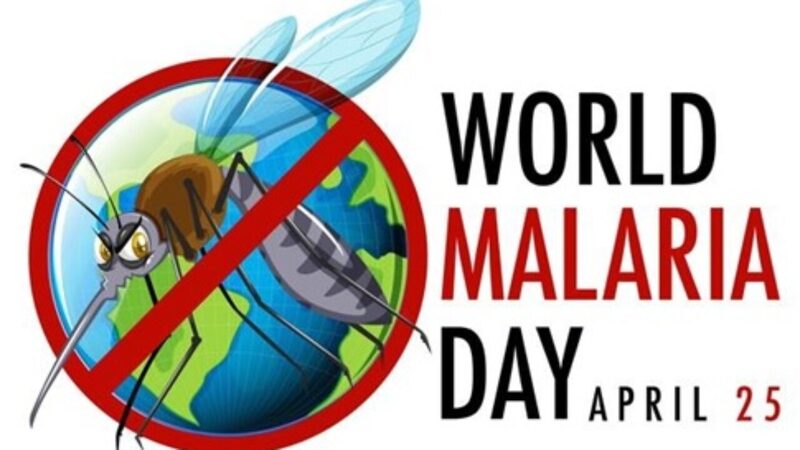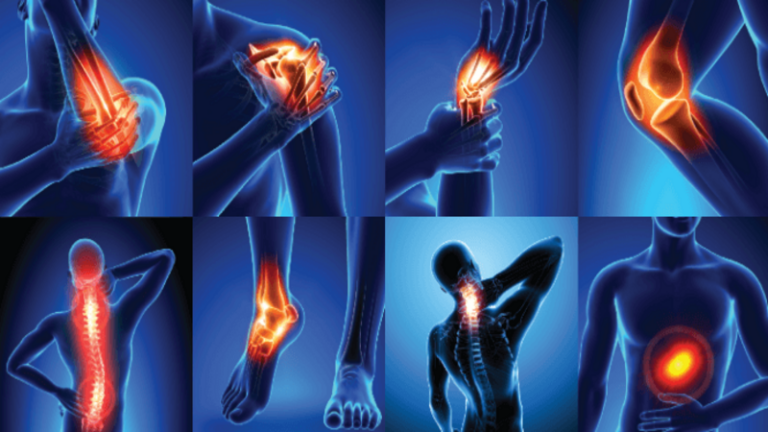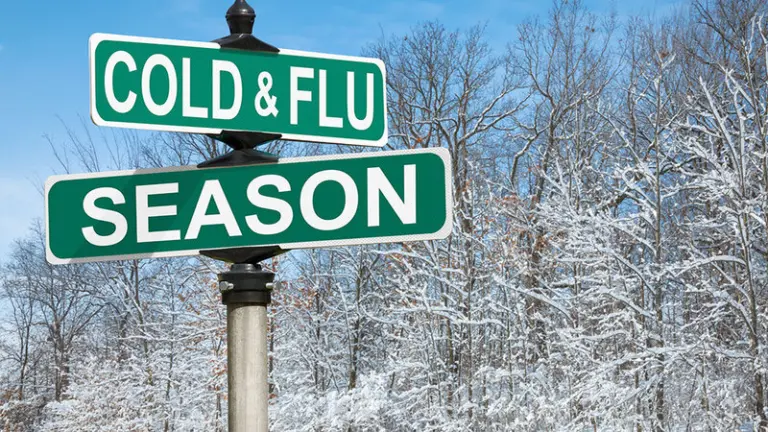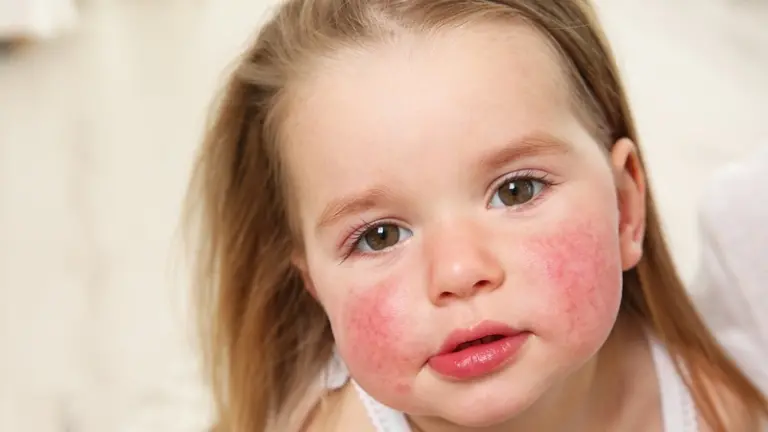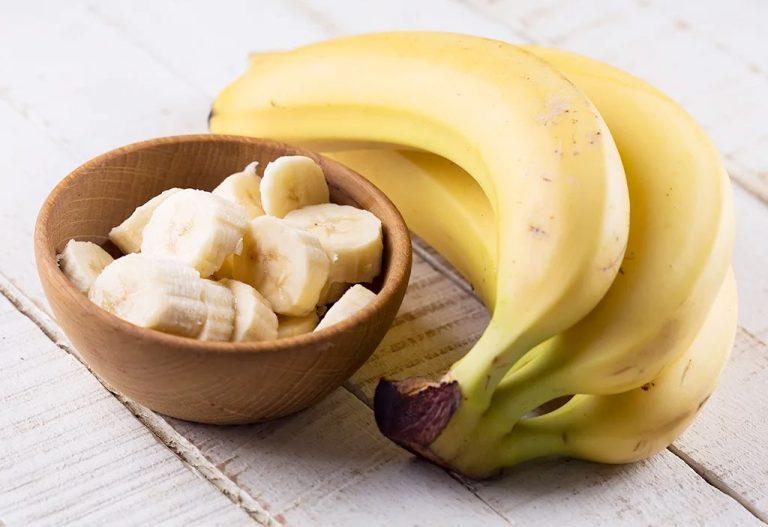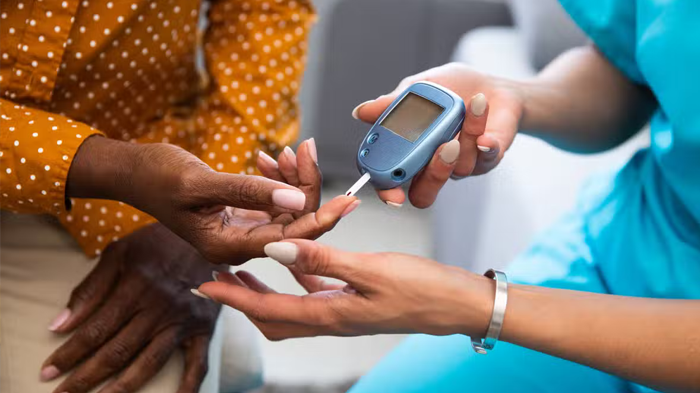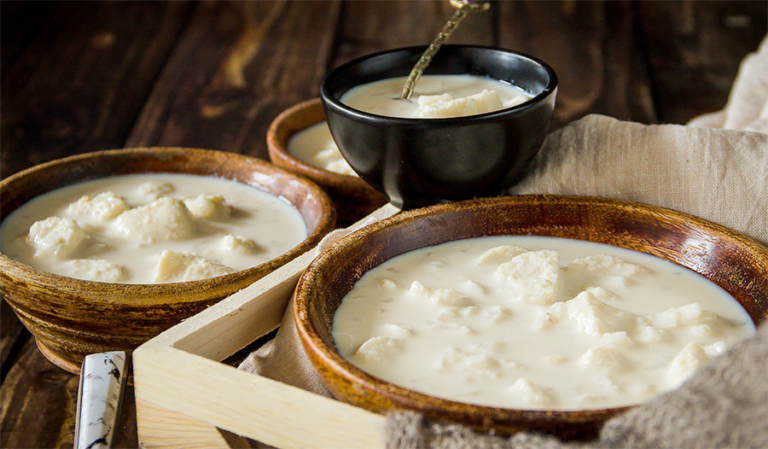World Malaria Day is observed every year on April 25th to raise awareness about the global burden of malaria and to promote efforts to control and prevent the spread of this deadly disease. Malaria is caused by a parasite that is transmitted to humans through the bites of infected mosquitoes. It is a life-threatening disease that affects millions of people every year, particularly in sub-Saharan Africa and Southeast Asia.
History of World Malaria Day
World Malaria Day was first observed in 2007 by the World Health Organization (WHO) as a way to highlight the global effort to control and prevent malaria. The theme for World Malaria Day changes every year to reflect the current state of the fight against malaria.
The Impact of Malaria Malaria is one of the deadliest diseases in the world, particularly in developing countries with poor healthcare infrastructure. In 2020, there were an estimated 229 million cases of malaria worldwide, and over 400,000 deaths from the disease. The majority of deaths occur in children under the age of five in sub-Saharan Africa.
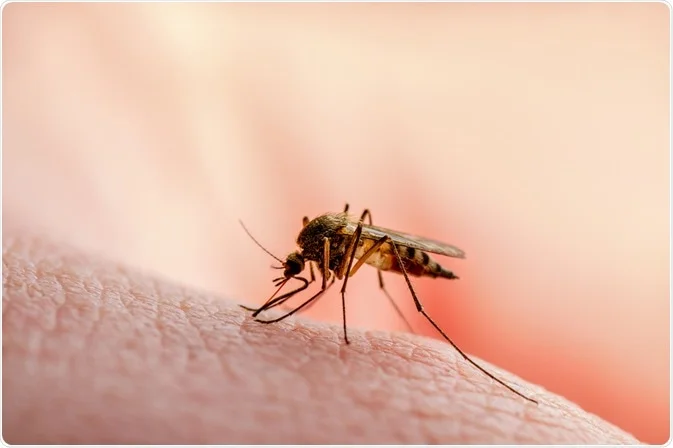
Malaria also has a significant economic impact, particularly in developing countries. The disease leads to lost productivity due to illness and death. The cost of healthcare and prevention efforts can be a significant burden on households and national economies.
Efforts should be made to Control Malaria Malaria. It is a preventable and treatable disease, and there have been significant efforts to control and prevent its spread.
These efforts include:
- Insecticide-treated bed nets: Bed nets that are treated with insecticide can significantly reduce the transmission of malaria. It can help by preventing mosquito bites while people sleep.
- Indoor residual spraying: This involves spraying the inside walls of homes with insecticide to kill mosquitoes.
- Antimalarial drugs: There are several drugs available to treat malaria, including artemisinin-based combination therapies (ACTs), which are recommended by the WHO as the first-line treatment for malaria.
- Vector control: This involves controlling the mosquito population through measures such as draining standing water and using larvicides to kill mosquito larvae.
- Education and awareness: Raising awareness about the transmission and prevention of malaria is crucial for reducing the spread of the disease. Community health workers and education campaigns can help educate people about the importance of prevention measures such as bed nets and mosquito control.
Challenges and Future Outlook Despite the progress made in controlling and preventing malaria, significant challenges remain. Malaria remains a major public health threat in many parts of the world, particularly in sub-Saharan Africa. Challenges include drug resistance, insecticide resistance, and inadequate funding for prevention and treatment efforts.
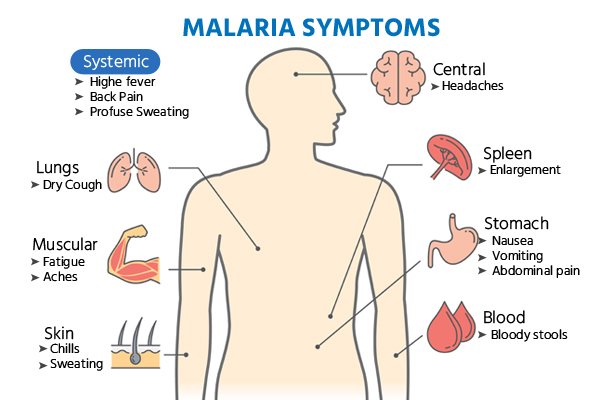
Looking to the future, there are reasons to be hopeful. New tools and technologies, such as genetically modified mosquitoes and new antimalarial drugs, are being developed to help control and prevent malaria. Additionally, global efforts to increase funding for malaria prevention and treatment are gaining momentum.
Conclusion
World Malaria Day is an important reminder of the ongoing fight against malaria and the need for continued efforts to control and prevent its spread. While progress has been made, significant challenges remain. By working together, governments, organizations, and individuals can help reduce the burden of malaria. We should work towards a world free of this deadly disease.
Connect with us:
https://www.youtube.com/themonktravel
https://www.facebook.com/TheMonk/

